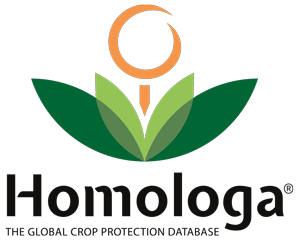The coffin fly (Megaselia scalaris) is found widely distributed in warm regions of the world. Its name comes from the fact that adults dig holes in the ground to lay eggs, and therefore they are sometimes found in buried corpses. It is thus an important insect in forensic entomology. Evidence derived from its lifecycle helps to determine for how long a body has been decomposing.
In Agriculture for example, the coffin fly is used in China to fight fall armyworm (Spodoptera frugiperda) infestations, which has been considered as an invasive pest since 2019. Coffin fly acts as a parasite fly for this armyworm by attacking its larvae and pupae as was identified in four different regions in the country.
However, coffin fly is not always beneficial. This tiny fly was included in the Common List of Quarantine Pests of the Eurasian Economic Union (EAEA) through decision no. 158, in November 2016. These decisions adopted by the EAEA are applicable for example in Russia and other former soviet republics (Armenia, Belarus, Kazakhstan, Kyrgyzstan).
Following that decision, Russia banned Brazilian tobacco leaf imports in July 2021, since Russian inspectors found coffin flies in 28 shipments. This has been a setback to Brazilian tobacco exporters since the aforementioned decision came into effect during the shipping season and many of the merchants had to postpone their shipments.
This particular issue shows the importance of having accurate data which could both answer how to combat the fly and at the same time fulfil the necessary legal requirements for products entering a given market. As an example for this particular issue, we would propose an insecticide sticker such as Endzone from FMC Corp which guarantees coffin fly control for 7 months. In this case the company recommends using one sticker per 1,000 cubic feet.
Homologa® provides solid data solutions for issues like the coffin fly in just a few clicks, offering not only alternatives but precise data on usage. Currently Homologa contains up-to-date data for more than 20,000 pests in over 90 countries.
Please visit Homologa® for further information or contact us.

